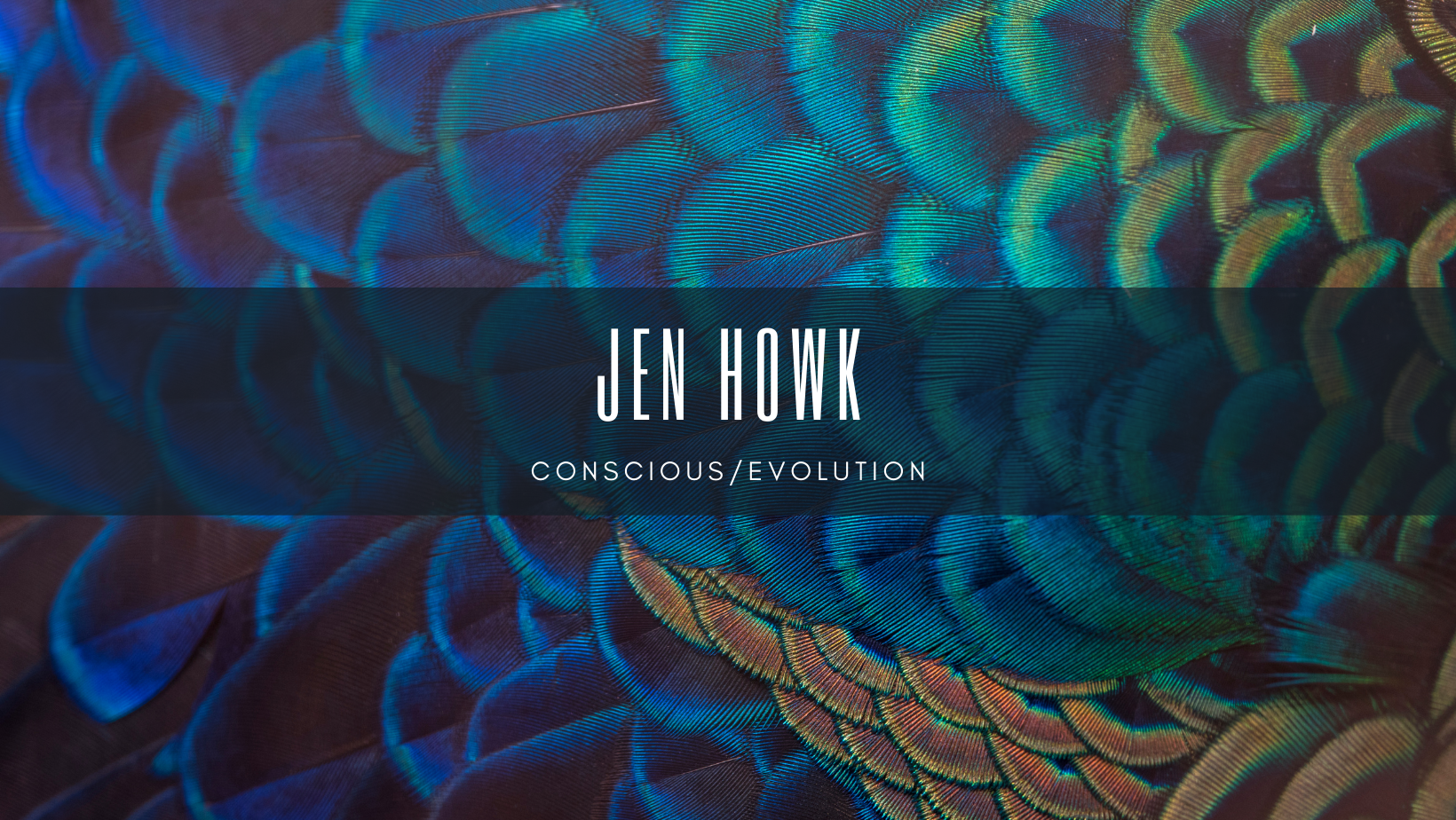I have so many to list here! I’ll add to this as I have time.
Don Hoffman’s “The Case Against Reality” is an excellent portal to the master rabbit hole. Z-Dogg, the notorious podcast host, is a mixed bag but his interview with Don Hoffman is a very good intro to Hoffman’s work on the nature of reality. He does a good job of kind of taking the viewer along through the brain-imploding moments and trying to figure out what the heck DH is actually saying.
Iain McGilchrist is the most important polymath/philosopher alive as far as I’m concerned. Both his books (“The Master and His Emissary” and “The Matter With Things”) are deep and fascinating but can be rough sledding at times. He has a ton of interviews on youtube as well but this one with Freddie Sayers is a good overview. For his books, “The Master and His Emissary” is a good start.
Continuing in the realm of consciousness research and brilliant philosopher/scientists who offer paradigm shifts, Bernardo Kastrup is remarkable. I’m partial to his work on Jung of course, but for beginners probably “Why Materialism is Baloney” is the place to start. If you’d rather listen to a podcast, he has been on one of my favorites (“Theories of Everything”) a few times, but this was his first one with TOE and it’s a good overview (but very deep—and almost five hours long!)
For applied Jungian analysis that rings with clarity, you can’t do much better than James Hollis. “What Matters Most” is a classic.
For the big guy himself, “The Undiscovered Self” by Carl Jung is a good starting place.
“The Drama of the Gifted Child” by Alice Miller is essential reading for understanding how children learn to hide their real self in order to stay close with their parents. It’s a somewhat misleading translated title; she doesn’t mean “gifted” as we do in English, but rather uses it to mean sensitive and highly adaptive.
“Anatomy of an Epidemic” by Robert Whitaker tells the full, complex story of modern psychiatric medication.
David S. Moore, “The Developing Genome” introduces epigenetics in a comprehensive and careful way and offers an excellent alternative to the intellectually stale “nature-nurture” debate.
“Women Who Run With the Wolves” is for all women in the midlife passage (or any age) who know in their bones that something isn’t right, and who continue to deny their own deep intuition.
A few others—will add details soon:
Eric Turkheimer, “Understanding the Nature-Nurture Debate” https://amzn.to/4l5Q6K0
Denis Noble, “The Music of Life” https://amzn.to/4leUnuU
Evelyn Fox Keller, “The Century of the Gene” https://amzn.to/3TxKFb6
David Moore, “The Developing Genome” https://amzn.to/4nbGeQP
Philip Ball, “How Life Works: A User’s Guide to the New Biology” https://amzn.to/442walX
Bernardo Kastrup, “Analytical Idealism” https://amzn.to/3I3NNsI
Robert Rosen, “Life Itself” https://amzn.to/44aDWsD
Lewis Mumford, “The Myth of the Machine” https://amzn.to/4n8GVu7
Paul Feyerabend, “Against Method” https://amzn.to/4nbIMhX
Ruth Hubbard and Elijah Wald, “The Exploding Gene Myth” https://amzn.to/464QJ2c
Richard Lerner and Gary Greenberg, “The Heredity Hoax” https://amzn.to/4jXZy1e
Aaron Panofsky, “Misbehaving Science: Controversy and the Development of Behavioral Genetics” https://amzn.to/4k0vJNo
